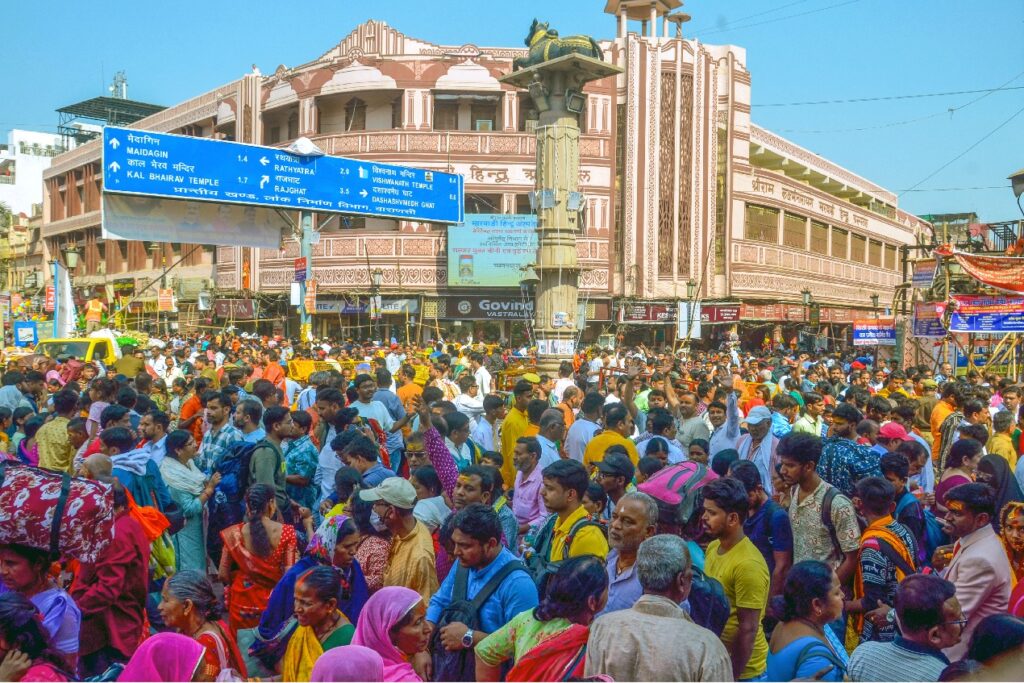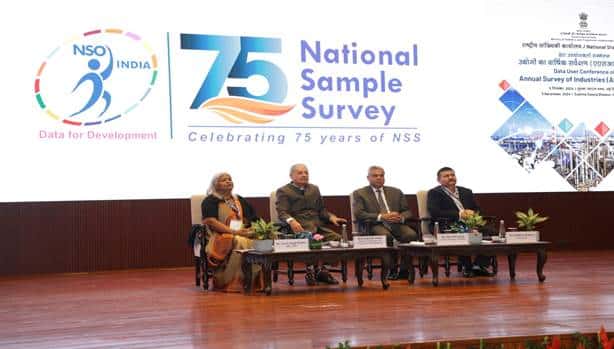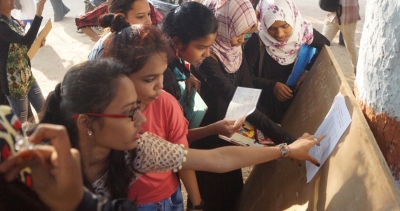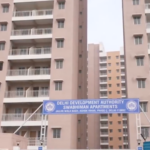After 40 years, ‘toxic waste’ at Bhopal’s Union Carbide Factory to be disposed after HC order; packing begins
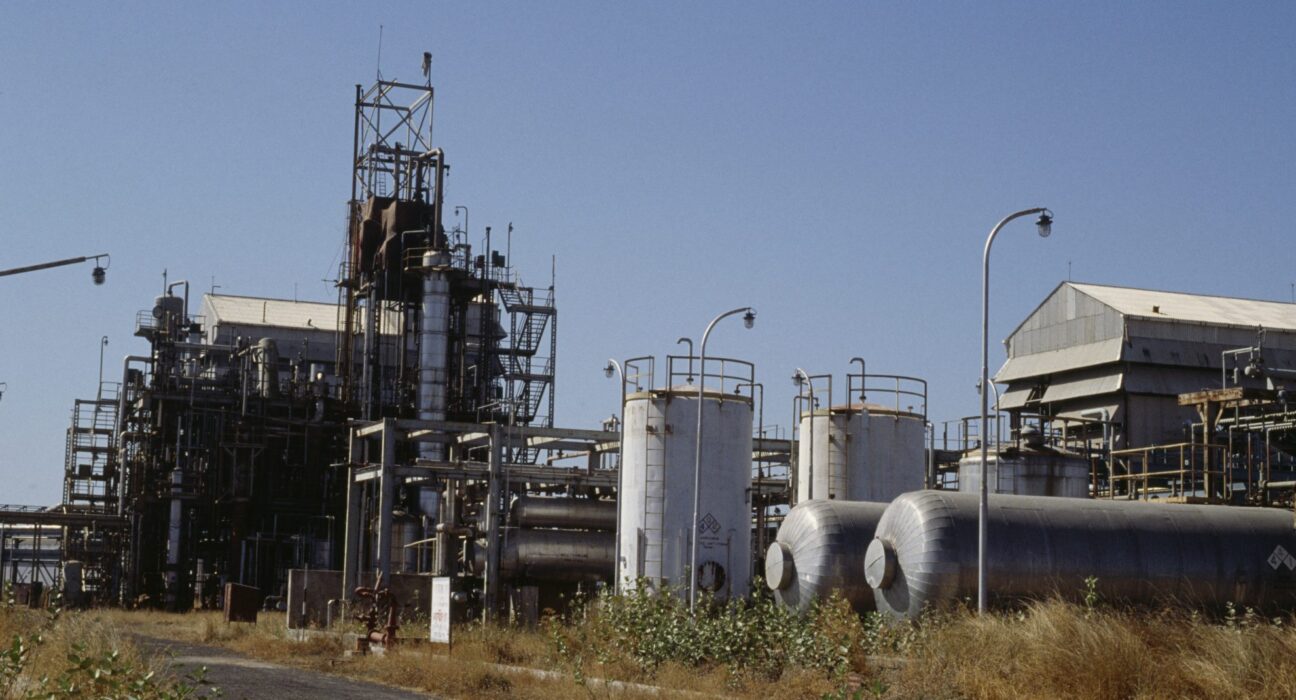
The toxic waste at Bhopal’s Union Carbide factory will be disposed of after 40 years, as per a directive from the Madhya Pradesh High Court, an official said.
The process of packing the waste materials at the factory began on Tuesday under strict safety protocols and the supervision of Pollution Control Board officials.
The Bhopal gas tragedy, often regarded as the world’s worst industrial disaster, claimed thousands of lives when a deadly gas leaked from the Union Carbide India Limited pesticide plant on the night of December 2-3, 1984.
Swatantra Pratap Singh, Director of the Bhopal Gas Relief and Rehabilitation Directorate, said, “The disposal process is being carried out in accordance with the Madhya Pradesh High Court’s December 3 order. The court mandated that the 337 metric tons of waste be disposed of at Pithampur within four weeks. A trial disposal of 10 metric tons conducted in 2015 yielded favorable results without adverse environmental effects.”
Disposal underway with strict protocols
Singh assured that workers in PPE kits are safely packing the waste at the factory site. The containers will be sealed airtight and transported to Pithampur within two days. The incineration process, expected to take three to nine months, will follow stringent safety measures. “Emissions will be filtered through four stages to ensure zero air pollution, while solid residues will be stored in secure landfills,” Singh said.
To address security concerns during transportation, Singh confirmed discussions with senior police officials to ensure high-level safety.
Activist raises concerns over incomplete cleanup
Rachna Dhingra, an activist working with survivors, criticized the cleanup for addressing only surface waste. She claimed the 337 metric tons represent merely one percent of the total toxic waste, while underground pollutants continue to contaminate groundwater in 42 settlements around Bhopal. “The government must compel Dow Chemicals to take responsibility for the remaining waste,” she urged.
Singh clarified that the court order pertains only to surface waste and that the case regarding underground contaminants has been under trial for 20 years with no directives issued yet.
Assurance to Pithampur residents
Addressing concerns from Pithampur residents, Singh assured that the waste being transported consists of residual pesticide material with minimal toxicity. “Safety protocols are being followed, and reports from the trial disposal in 2015 are publicly accessible,” he said. He emphasized that the cleanup aligns with court orders and that objections will be reported to the High Court.



